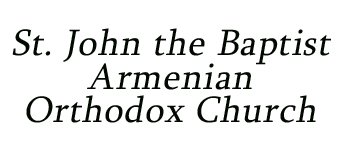NATIVITY OF THE HOLY VIRGIN MARY
Today, we celebrate the Nativity of the Holy Virgin Mary, the Holy Mother-of-God. The story of Mary’s birth is an amazing example of how God can work through impossible situations to bring about His divine plan. It’s a powerful reminder of God’s faithfulness in our own lives and the importance of trusting Him, even when the odds seem stacked against us.
The parents of Mary, Joachim, and Anna were devout and faithful, but they had a challenge that seemed impossible to overcome—they were childless and had grown old. For years, they had prayed for a child, believing, trusting, holding onto faith—even when it seemed impossible. Year after year, seeing no sign of hope. But they never stopped believing and praying.
